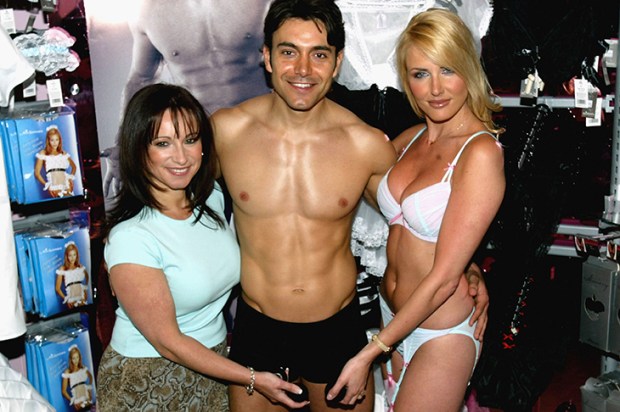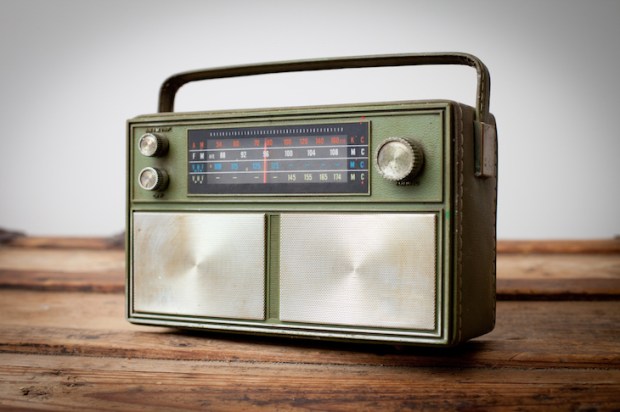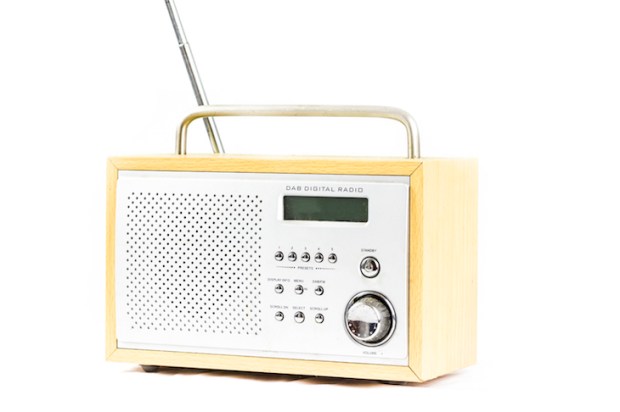It was a bit of a surprise to hear Jarvis Cocker, the embodiment of cool and former frontman of Pulp, confessing to a love of Singing Together, a BBC programme straight out of the 1940s, with its clipped pronunciation and uptight pronouncements. But in his edition of Archive on 4, broadcast just as the Advent season began (and produced by Ruth Evans), Cocker took us on a musical journey back into his past and to his memories of singing in the classroom, ‘which certainly left its mark’ on him and millions of others.
Already a subscriber? Log in
Subscribe for just $2 a week
Try a month of The Spectator Australia absolutely free and without commitment. Not only that but – if you choose to continue – you’ll pay just $2 a week for your first year.
- Unlimited access to spectator.com.au and app
- The weekly edition on the Spectator Australia app
- Spectator podcasts and newsletters
- Full access to spectator.co.uk
Unlock this article
You might disagree with half of it, but you’ll enjoy reading all of it. Try your first month for free, then just $2 a week for the remainder of your first year.














Comments
Don't miss out
Join the conversation with other Spectator Australia readers. Subscribe to leave a comment.
SUBSCRIBEAlready a subscriber? Log in